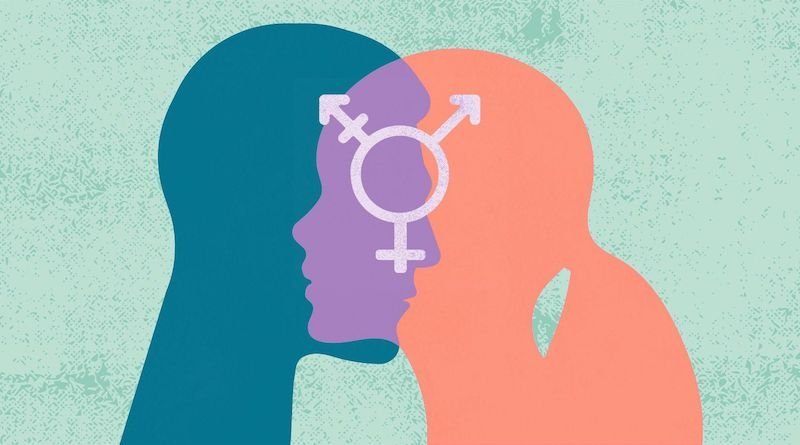Gender dysphoria is a condition in which individuals experience distress or discomfort due to a mismatch between their gender identity and the gender they were assigned at birth. Traditionally, gender dysphoria has been thought to develop in childhood or adolescence, but in recent years, there has been increasing concern about a phenomenon known as rapid onset gender dysphoria (ROGD).
ROGD is a term used to describe a sudden and intense increase in gender dysphoria symptoms that occurs in adolescents and young adults who were not previously gender dysphoric. This term was first introduced in a 2018 paper by Lisa Littman, a physician and researcher at Brown University. Littman’s paper suggested that social and peer factors may play a role in the development of ROGD, and that this may be contributing to an increase in the number of adolescents and young adults seeking gender transition.
However, Littman’s paper was met with significant criticism from many in the transgender community, who argued that the concept of ROGD was not supported by scientific evidence and that it was being used to promote anti-transgender views.
Psychologists have been involved in this debate, with some arguing that the concept of ROGD is a useful way to understand the experiences of some transgender individuals, while others argue that it is not supported by scientific evidence and may be harmful to the transgender community. Understand more about gender dysphoria by Dr.R.K.Suri, best clinical psychologist in west delhi.
Early and late onset gender dysphoria
Traditionally, gender dysphoria has been thought to develop in childhood or adolescence, and many individuals who experience gender dysphoria report that they have felt this way since early childhood. However, there is also a subset of individuals who experience gender dysphoria later in life, known as late onset gender dysphoria.
Late onset gender dysphoria is less well understood than early onset gender dysphoria, and there is ongoing debate about what factors may contribute to its development. Some researchers have suggested that late onset gender dysphoria may be related to hormonal changes that occur during midlife, while others have suggested that it may be related to changes in social roles or life circumstances.
Rapid onset gender dysphoria
ROGD is a relatively new concept, and there is ongoing debate about whether it is a valid phenomenon. The concept of ROGD suggests that some adolescents and young adults who were not previously gender dysphoric may experience a sudden and intense increase in gender dysphoria symptoms, and that this may be related to social factors such as peer pressure or exposure to online communities that promote gender transition.
However, critics of the concept of ROGD argue that it is not supported by scientific evidence, and that it may be used to promote anti-transgender views. They argue that the experiences of transgender individuals are diverse and complex, and that there is no one-size-fits-all explanation for why some individuals may experience gender dysphoria.
Social contagion hypothesis
One hypothesis that has been put forward to explain the development of ROGD is the social contagion hypothesis. This hypothesis suggests that exposure to online communities or social groups that promote gender transition may lead some individuals to experience an increase in gender dysphoria symptoms. This may occur through social reinforcement, where individuals in these communities validate and encourage each other’s gender dysphoria symptoms.
However, the social contagion hypothesis is also controversial, with some arguing that it oversimplifies the experiences of transgender individuals and ignores the complex social and psychological factors that contribute to gender dysphoria.
Political arguments vs scientific evidence
The debate over ROGD has become highly politicized, with some using it to promote anti-transgender views and others using it to argue for increased support for transgender individuals. However, it is important to remember that scientific evidence should guide our understanding of this complex phenomenon.

